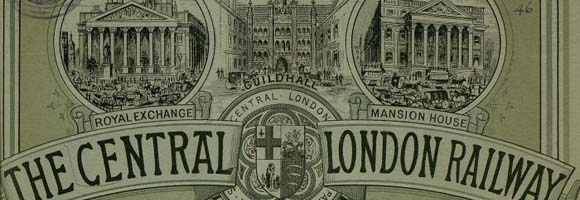Nineteenth-Century British Pamphlets

The most significant British pamphlets from the 19th-century held in UK research libraries.
Contents
Main URL
https: //about.jstor.org/whats-in-jstor/primary-sources/19th-century-british-pamphlets/
Description
The 19th-Century British Pamphlets collection contains the most significant British pamphlets from the 19th-century held in UK research libraries. Pamphlets were an important means of public debate, covering the key political, social, technological, and environmental issues of their day. They have been underutilised within research and teaching because they are generally quite difficult to access, often bound together in large numbers or otherwise hard to find in the few research libraries that hold them. The digitisation of more than 26,000 pamphlets (990,000 pages) by JSTOR provides an immensely rich and coherent corpus of primary sources with which to study the socio-political and economic landscape of 19th-century Britain.
The resource includes tracts kept in nine collections from UK research libraries: the Bristol Selected Pamphlets, Cowen Tracts, Earl Grey Pamphlet Collection, Foreign and Commonwealth Office Collection, Hume Tracts, Knowsley Pamphlet Collection, LSE Selected Pamphlets, Manchester Selected Pamphlets, and the Wilson Anti-Slavery Collection. In addition to a full text search, users can browse the pamphlets by decade and then by year within each collection. A facsimile, PDF and summary ( with an abstract and bibliographic information) are available for each pamphlet.
Strengths and weaknesses
This collection is not comprehensive; pamphlets on similar issues kept in other libraries are not included. Nonetheless, some of the most important collections held in UK libraries are included. The pamphlets provide valuable information on issues of concern to 19th-century readers, including parliamentary reform, the suffrage, the anti-slavery movement, social policy, colonial affairs, and Catholic emancipation. They include material generated by political parties, philanthropic groups, and pressure groups such as the Fabian Society. Many are polemical, arguing for particular reforms. To understand other sides of these debates and more generally the issues and events discussed in these publications, it is necessary to place them in a wider context For this purpose, other records in Connected Histories will be useful, particularly the Parliamentary Papers, British Library Newspapers, the state papers in British History Online, and the Charles Booth Archive.
As noted above, the use of OCR, and the inevitable misreadings that this can produce, means that searching will not find all instances of a particular term or word in the text.
Technical Methods
The production of electronic facsimiles of the pamphlets was undertaken at BOPCRIS, the specialist digitisation unit based in the Hartley Library at the University of Southampton. All page components were captured in order to provide users with faithful facsimiles, which include any handwritten personal annotations, corrections, and paper colour. The underlying full text, on which searching is conducted, was produced using Optical Character Recognition (or OCR). OCR is not as accurate as the rekeying of text, particularly for earlier printed materials, but it allows the digitisation of material on the large scale required for a resource of this type.
About the project
The project was conceived by the Research Libraries UK (RLUK) and funded by the JISC Digitisation Programme. The 19th-Century British Pamphlets are published by JSTOR.
Contact
Source Types
- Books, pamphlets and printed ephemera
Access
- Subscription
- Free to UK HE
Time Period
1800-1900
Publisher
JSTOR